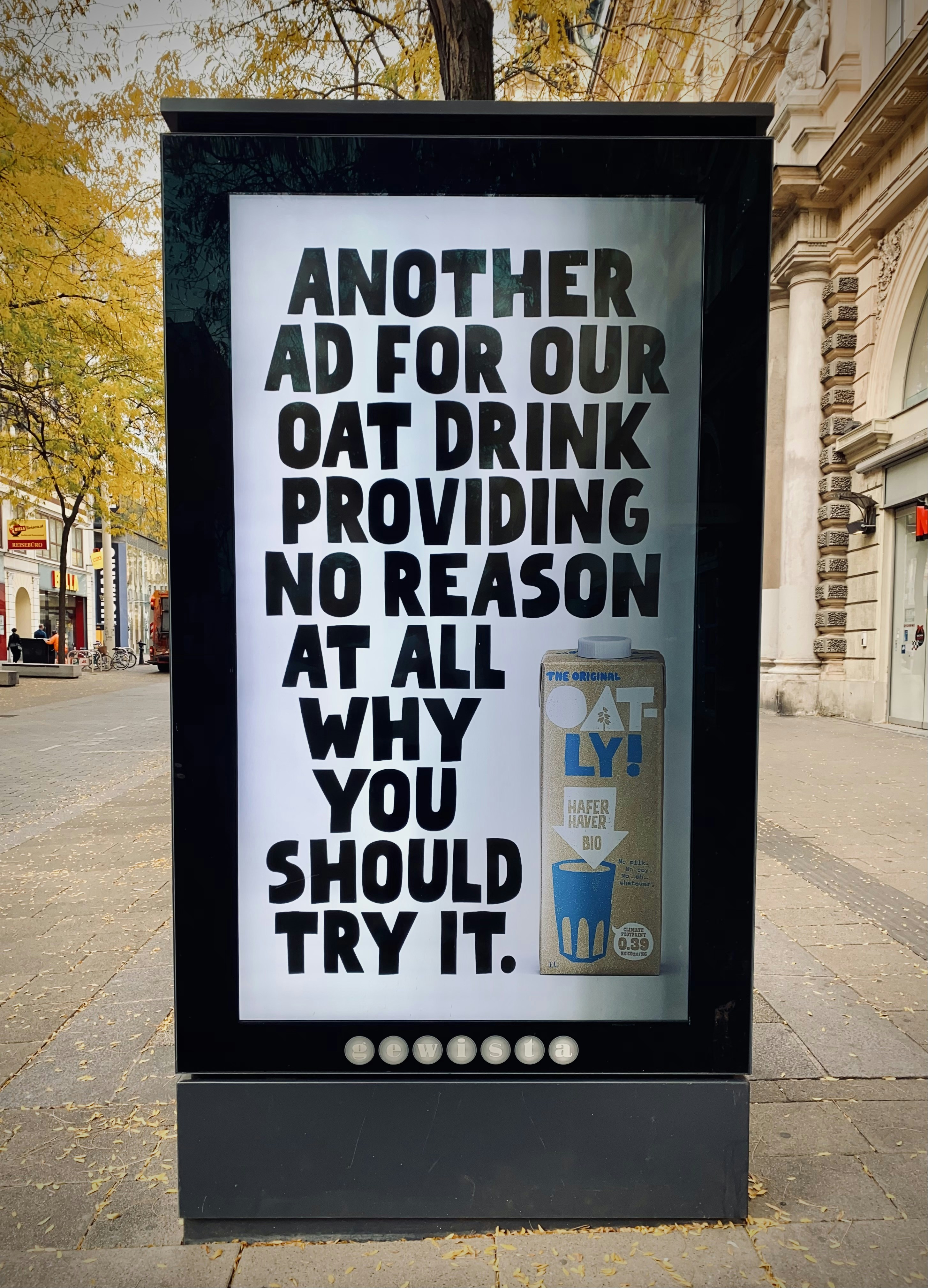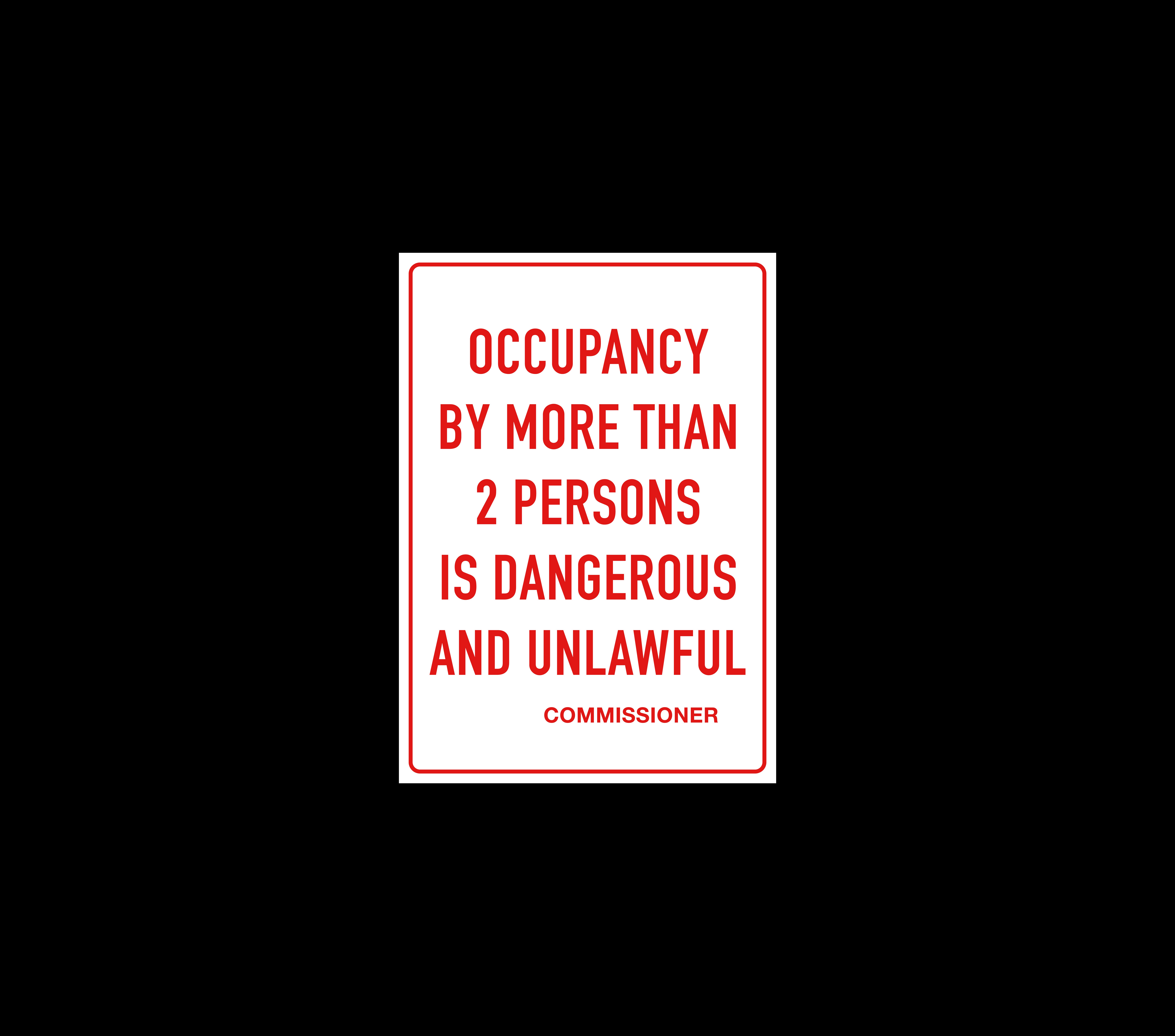The Power of Anti-Marketing: Attracting Customers Through Imperfection
In an age where brands strive to present a flawless facade, the concept of anti-marketing—celebrating imperfect products and messages—has emerged as a revolutionary strategy for small businesses and startups. It's no longer just about creating the perfect pitch but rather harnessing the power of authenticity to resonate with consumers. Imagine showcasing your flaws to draw in your ideal customers, fostering trust and genuine connection. It may sound counterintuitive, but this powerful approach can lead to remarkable growth and loyalty. Let’s dive into the transformative potential of anti-marketing and how your business can embrace this strategy to stand out in a crowded marketplace.
What Is Anti-Marketing?
Anti-marketing is a marketing approach that deliberately steers away from traditional strategies aimed at promoting a polished and perfected image. Instead, it focuses on transparency, rawness, and authenticity. Customers today are more informed and discerning than ever; they can sniff out anything that seems too polished or rehearsed. Particularly among younger demographics, there’s a growing demand for brands that appear genuine, honest, and relatable.
This concept encourages businesses to highlight their stories—even the messy parts—and communicate openly with their audiences, crafting a brand narrative that resonates on a personal level. The result? A deeper connection between the brand and its ideal customers, fostering loyalty and advocacy that traditional marketing methods often fail to achieve.
Case Studies: Real Businesses, Real Flaws
1. Glossier’s Imperfect Beauty
Glossier, a skincare and makeup brand, has capitalized on the anti-marketing trend by embracing user-generated content and encouraging its customers to showcase their unfiltered selves. Their marketing strategy revolves around the raw stories of real women rather than perfect models. This openness creates a sense of community and allows customers to see themselves represented in the products they purchase. The result has been a successful brand that thrives on authenticity and has built a loyal customer base.
2. Wabi Sabi and The Japanese Aesthetic
Wabi Sabi, the Japanese concept of finding beauty in imperfection, offers insights for businesses seeking to adopt anti-marketing. For example, artisan crafts that showcase slight imperfections, such as hand-thrown pottery or unevenly woven textiles, are often highly valued. Brands that highlight these unique qualities not only align with the Wabi Sabi philosophy but also connect with consumers seeking authenticity. By embracing flaws, these brands appeal to customers' desire for unique and individualized products rather than mass-produced ones.
3. Ben & Jerry’s Unapologetic Quirkiness
Ben & Jerry’s is famous for its quirky and unconventional flavors, such as “Cherry Garcia” or “Phish Food.” The founders never shied away from highlighting their values, including social justice and environmental sustainability—regardless of whether it aligned perfectly with their business operations. They openly discuss challenges like sourcing ingredients ethically or navigating public opinions on their political stances. This transparency cultivates a loyal customer base that often feels more like a dedicated community.
Implementing Anti-Marketing Tactics
So, how can you adopt this unconventional, yet effective anti-marketing strategy? Here are some actionable steps you can take:
1. Showcase Your Journey
Don’t just illustrate where you are now; share your journey. Whether it’s the mistakes you’ve made, the hurdles you’ve overcome, or simply the raw, unfiltered day-to-day of running your business, sharing your story humanizes your brand. This transparency fosters empathy and enables your audience to connect with your vision on a deeper level.
2. Encourage User-Generated Content
User-generated content is a powerful tool within anti-marketing. Encourage your customers to share their experiences with your product—flaws and all. Showcasing real-life uses of your product demonstrates trust and authenticity, inviting potential customers to engage with your brand more personally.
3. Emphasize Your Values, Even When They Don’t Align Perfectly
Customers appreciate brands that have strong values, even if those values don't always translate neatly into their business practices. Don't back away from discussing the challenges that accompany your commitments. For instance, if your brand is focused on sustainability but has encountered issues sourcing materials ethically, share this reality with your audience. Customers appreciate the honesty, and it can contribute to a stronger rapport with your community.
4. Create a Community
Building a community around your brand allows for open communication with your audience. Use social media platforms to initiate discussions, ask for feedback, or facilitate group conversations. Community members can share their own imperfections and experiences, further tying them to your brand narrative.
5. Leverage Storytelling
Storytelling lies at the heart of effective anti-marketing. Whether through blog posts, videos, or social media, weaving narratives that invite your audience into your world creates a sense of belonging. Share your missteps, the quirks of your team, or the unique tales behind your products and services. This can establish a multi-dimensional brand identity that resonates deeply with your audience.
The Psychological Effects of Transparency
Understanding the psychological implications of transparency in marketing enables businesses to better connect with their audiences. Research has shown that consumers are increasingly drawn to brands exhibiting vulnerability. When a brand displays imperfections, it cultivates an environment of emotional safety, which can enhance loyalty.
Trust and Authenticity: Customers are more inclined to trust brands that openly share their authentic stories compared to those presenting a sterilized image. Acknowledging flaws shows consumers that your brand operates with integrity and is not afraid to be human.
Creating Relatability: Customers are more likely to identify with brands that appear relatable. When they see imperfections in your business, they may feel a stronger connection because it reflects their own experiences.
Building Brand Loyalty Through Vulnerability
Building loyalty through vulnerability is a potent strategy for small businesses and startups. Brands that embrace their flaws and communicate transparently encourage a more profound emotional investment from consumers. This emotional connection translates into repeat business, referrals, and an engaged community surrounding the brand.
Furthermore, brands that successfully engage in anti-marketing often cultivate an avid fan base that becomes an extension of their marketing strategy. These loyal customers champion the brand by sharing their stories and experiences, effectively acting as ambassadors.
Measuring the Impact of Anti-Marketing Strategies
While anti-marketing may seem unconventional, measuring its effectiveness is crucial. Here are some key performance indicators (KPIs) to consider:
1. Customer Engagement
Track engagement on your social media platforms. Are followers sharing, commenting, or expressing interest in unfiltered content? Increased engagement often indicates that your audience is connecting with your authentic narrative.
2. Brand Loyalty Metrics
Monitor repeat purchases and customer retention rates. By assessing how often customers return and share their experiences, you can gauge whether anti-marketing strategies are fostering brand loyalty.
3. Community Growth
Analyze the growth of your community, whether on social media, email lists, or forums. An increase in participants who engage with your brand signals a successful anti-marketing approach.
4. Feedback and Testimonials
Personal testimonials and customer feedback provide invaluable insights. Monitor the tone and sentiment of comments and reviews regarding your brand. Increased positivity about your authenticity signifies successful implementation of anti-marketing.
Final Thoughts: Take Action Against Perfection
The strategy of anti-marketing—embracing and showcasing imperfections—challenges conventional notions of marketing, particularly for small businesses and startups eager to foster growth. By prioritizing authenticity, creating community, and being transparent about your journey, you can attract customers who value connection over perfection. As the case studies within this article demonstrate, many successful brands have persisted through their imperfections, ultimately achieving remarkable growth and fostering an engaged community.
So, are you ready to embrace the power of anti-marketing? Authenticity, vulnerability, and community are your allies in cultivating a lasting connection with your customers. Next steps? Start sharing your unique story, encourage your community to become part of your narrative, and watch as your brand transforms through imperfection.










